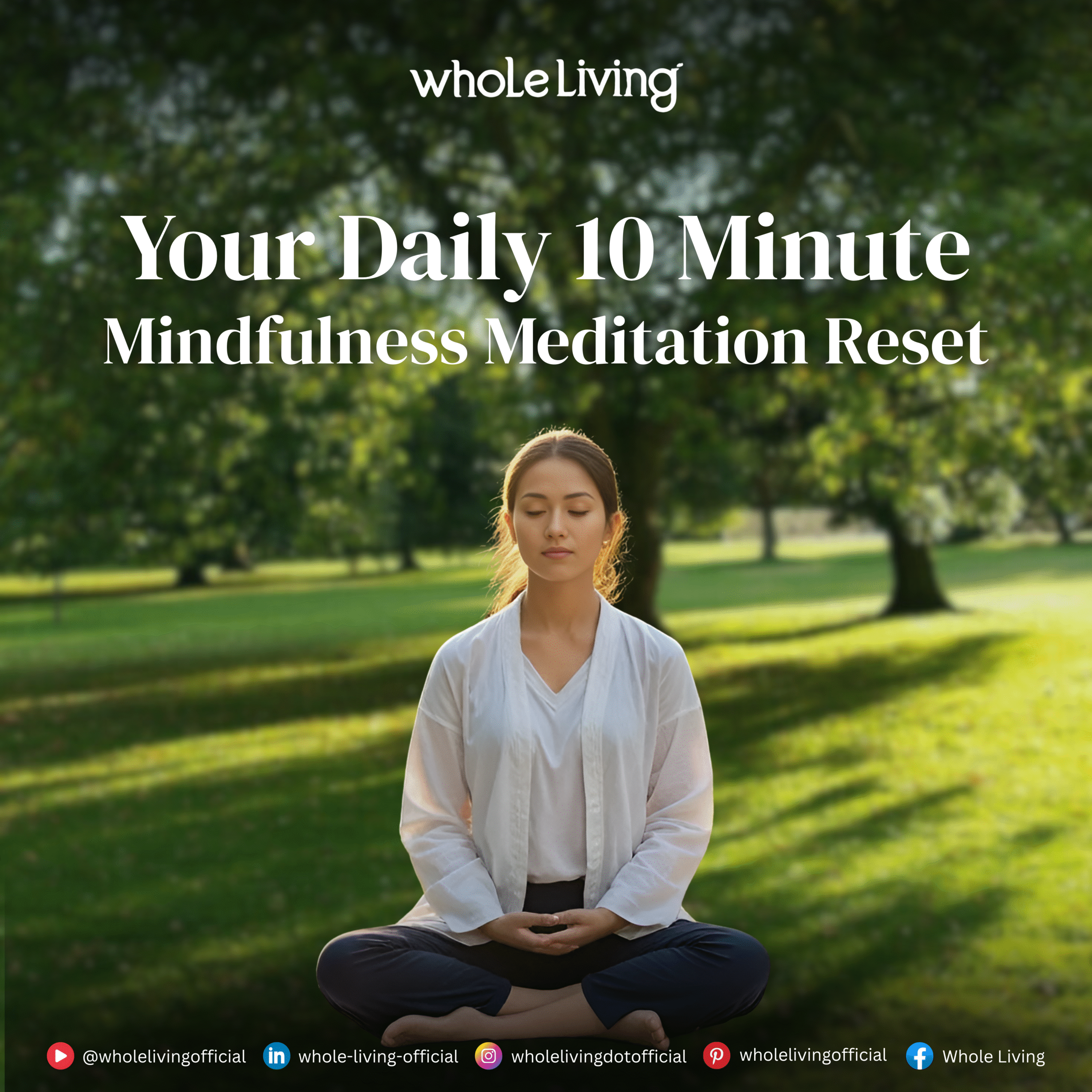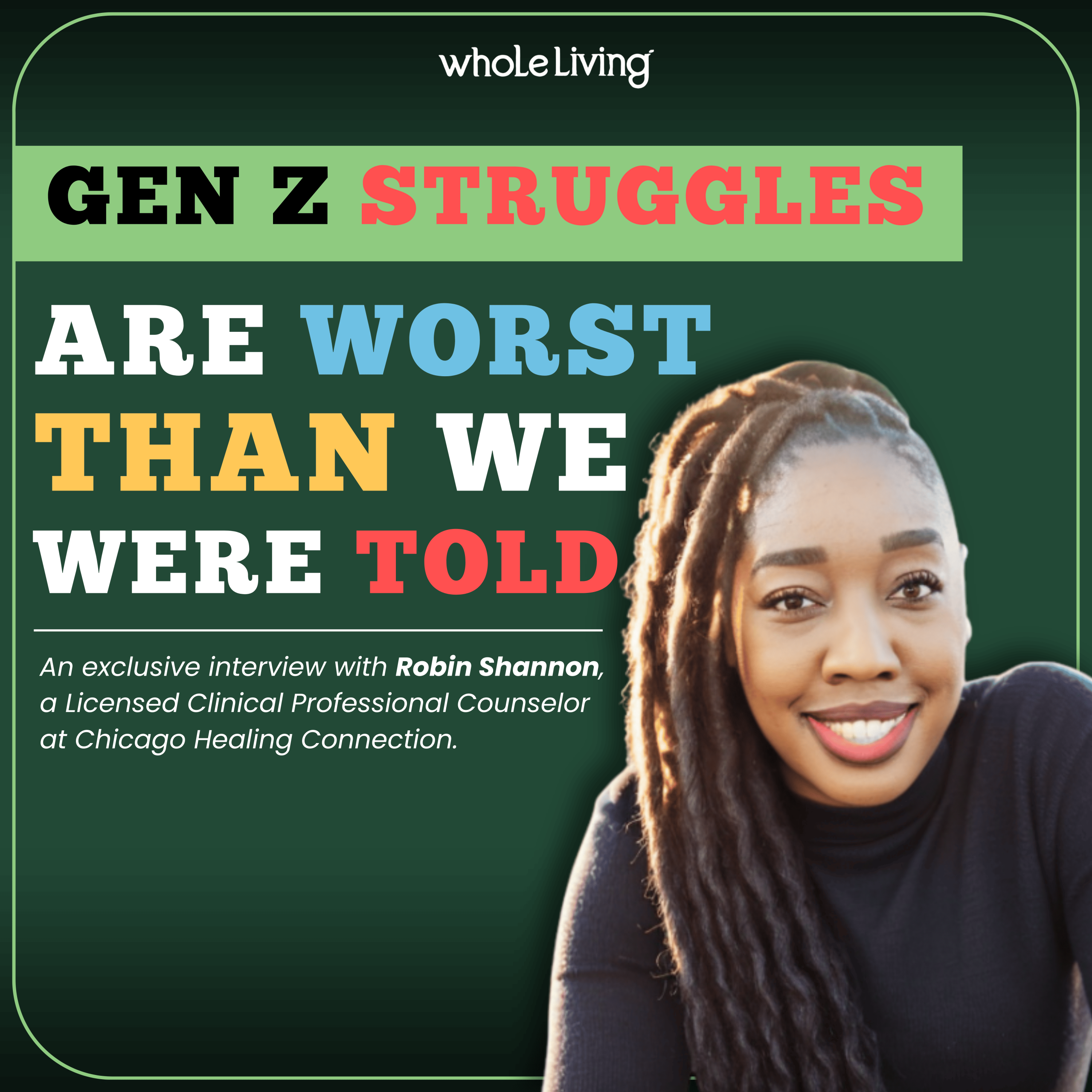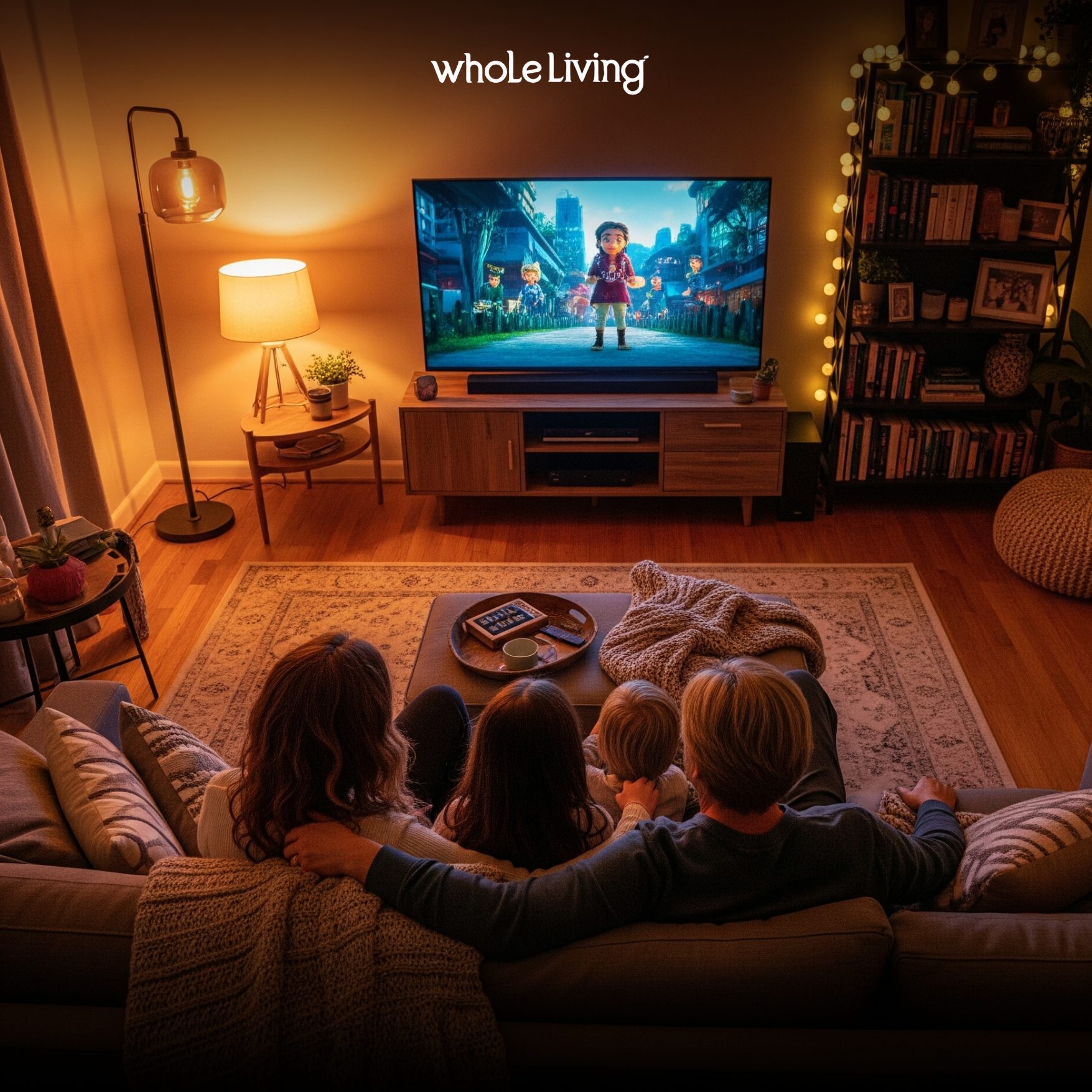In This Article
If you've ever wondered how to be happy without pretending everything is perfect, you're not alone. We often feel pressure to smile through the hard days or stay positive no matter what, but that can leave you feeling disconnected from your true self. Real happiness doesn’t mean pushing your emotions aside. It means learning how to live well, even through life's ups and downs. And when you stop forcing happiness and start allowing space for what you really feel, something powerful begins to shift.
There is no one-size-fits-all answer, but there are gentle ways to build a happy life that feels true to you. Together, we’ll explore habits, reflections, and small choices that support your mental health without the pressure to always be cheerful. You deserve a life that feels rich with meaning, not just filtered smiles. Let’s walk through this, step by step. You are allowed to be real, and that is where your joy lives.
Let’s Redefine What Happiness Really Means

Happiness isn’t about always feeling good. It’s about building a life that feels rooted in what matters most to you. Sometimes, it means facing pain honestly and still showing up for your life. A happy life holds both light and shadow, laughter and tears. This is what makes it meaningful.
Instead of chasing highs, think about what gives your life a sense of peace and direction. That might be connection, purpose, or simply knowing you're doing your best. Life satisfaction grows when you live with intention, not perfection. Even research suggests that the happiest people allow room for all kinds of feelings. Your truth is welcome here.
You don’t need to perform joy to earn your place in the world. Let go of the idea that happiness means constant energy or fake smiles. Think of happiness as a garden you tend with care, not a goal you rush toward. In the quiet, simple moments, your version of the good life can begin to bloom. Let that be enough.
Why You Don’t Have to Fake It to Feel It

Sometimes we’re told to stay positive no matter what, but that advice can feel heavy when you're struggling. If you're facing anxiety, stress, or even depression, forcing positivity can make things worse. Instead, try acknowledging what you truly feel. Naming your emotions is not weakness, it's strength. Your feelings are messengers, not enemies.
The truth is, pretending to be okay doesn’t make you happy. In fact, it can build more pressure and lead to burnout. Allow yourself space to feel sadness, frustration, or even fear. When you stop running from those feelings, they begin to soften. This is how healing begins.
You deserve support, not shame. If you're carrying too much, talk to somebody you trust. Having real conversations, even about hard things, can ease anxiety and help you feel more connected. You don’t have to figure it all out alone. Remember, being honest about what hurts is also part of building happiness.
READ ALSO: How to Stay Happy at Work
Create Space for What Makes You Feel Alive

Instead of asking what looks good, ask what feels good. Notice the people, places, and experiences that spark something inside you. A walk in nature, a quiet moment of writing, or a warm talk with friends can all bring a shift in mood. You don’t need grand events to feel happiness. Sometimes the smallest choices have the biggest impact.
Mental health is supported by things that bring you back to yourself. Light a candle. Listen to music that matches your feelings. Look at the sky and breathe. These moments are not a waste of time. They are acts of care.
Pay attention to what makes your body relax and your brain feel calm. When you spend time doing what matters to you, your self esteem often grows naturally. These small rituals create a sense of balance and stability. Let yourself enjoy them without guilt. They remind you that your life is still happening, right here.
Practice Gentle, Intentional Self-Care
Taking care of your body and mind doesn’t have to be complicated. In fact, the simplest things often make the biggest difference. Here are a few grounding habits to begin with:
- Get enough sleep. Your brain and body need rest to reset and heal. Sleep supports your mood, memory, and ability to manage stress.
- Eat nourishing food. Choose meals that make you feel good from the inside out — not perfect, just supportive and satisfying.
- Move in ways that feel kind. Regular exercise doesn’t have to be intense. A gentle walk, stretching, or dancing in your room can boost your energy and calm anxiety.
- Rest when you're tired. You don’t have to push through just to prove something.
- Eat when you're hungry. Feed your body with respect, not restriction.
- Pause when you're overwhelmed. A few deep breaths can bring you back to yourself.
Self-care is not about fixing what’s broken. It’s about giving your life the steady care it deserves. The most important thing is to listen. Your body knows what it needs. Sleep is not a reward — it’s a requirement. Movement is not punishment — it’s presence. You are allowed to rest, slow down, and feel good in your own way.
Find Happiness in the Real, Not the Perfect

Social media can make it easy to compare your life to someone else's highlight reel. But a good life isn’t made up of perfect photos or constant success. It's made of honest moments, even the messy ones. Life’s ups and downs are part of the full picture. You are allowed to feel joy even when things aren’t perfect.
Let yourself step out of the pressure to perform. Focus on what brings meaning, not just what brings applause. What makes you feel proud, peaceful, or connected? That is where your happiness begins. Don’t be afraid to look beyond appearances.
Failure is not the opposite of happiness. It’s often part of what makes you stronger and more compassionate. Accepting your whole story—mistakes and all—is a powerful form of self-love. When you stop trying to be perfect, you start to feel free. And in that freedom, you might just feel happier.
READ ALSO: 8 Steps to a Happy Winter – Whole Living Wellness
Build Strong, Supportive Relationships
You don’t have to go through life alone. Strong relationships are one of the most important things when it comes to lasting happiness. Friends who truly listen, people you can talk to, and even light small talk with a kind neighbor can make a big difference. Connection isn’t just nice — it’s necessary. We are wired to need each other.
Here are a few gentle ways to build and nurture strong relationships:
- Reach out regularly. Send a message, make a quick call, or ask someone how their week has been. Small talk can open doors to meaningful connection.
- Listen with care. When a friend shares something, give them your full attention. Listening builds trust and deepens your bond.
- Be honest about your feelings. Sharing what’s real — even your worries or stress — helps others feel safe to do the same.
- Offer kindness freely. Sometimes, a simple smile, compliment, or check-in can have a big impact.
- Do small things with love. Share a meal, take a walk, or write a thoughtful message. These moments may seem simple, but they strengthen your sense of belonging.
Close relationships help boost self esteem and reduce stress. Even one or two people who understand you can be enough. Don’t wait until things are perfect to reach out. The simple act of talking to someone can lighten your mood and remind you that you matter. Let yourself be seen.
When you invest time and care into the people around you, you begin to feel more rooted in life. These connections are part of what makes a happy life real and lasting. They remind you, again and again, that you are not alone.
Move Your Body, Calm Your Mind

Your body holds so much wisdom, and when you move it with care, your whole mood can shift. Regular exercise doesn’t have to mean pushing yourself to exhaustion. Sometimes, a slow walk, a gentle stretch, or dancing in your living room is all it takes to feel good again. Movement can help release stress, lift anxiety, and even improve how your brain handles daily life. It’s one of the simplest ways to support your happiness.
Exercise isn’t a punishment — it’s a gift you give yourself. The goal is not to change how your body looks, but to reconnect with how it feels. Your brain responds well to movement, especially when it comes from a place of love, not pressure. When you move regularly, even a few times a week, you can notice improvements in your energy and mental health. That shift makes a big impact, more than you might expect.
If you’ve felt disconnected from your body, this is your invitation to return. Start small. Go outside, breathe the air, feel your feet on the ground. Let movement be a form of care, not control. You deserve to feel strong, supported, and steady in your own skin.
Let Gratitude Be a Quiet Daily Anchor
Gratitude doesn’t need to be loud to be powerful. One of the gentlest ways on how to be happy is to practice gratitude without pressure or perfection. It might look like writing down one good thing each evening or talking with a friend about something kind that happened this week. These small reflections help you remember that even in hard times, beauty and kindness still exist. They root you in the present and remind you of what matters.
Research suggests that gratitude can improve overall life satisfaction and boost your mood over time. It’s not about ignoring what’s wrong. It’s about making space to notice what’s right, too. This balance supports mental health and encourages a calm, steady sense of joy. Gratitude is not a fix — it’s a habit that gently softens life’s edges. You don’t need to list ten things a day or keep a perfect journal. What matters is consistency and sincerity. Here are a few simple gratitude habits you can try:
- Write one thing you’re thankful for before bed. Let it be honest, even if it’s small.
- Talk with a friend about something good that happened this week. Share joy together.
- Take a quiet moment to notice something beautiful — a flower, a breeze, a kind word.
- Keep a weekly gratitude list in your phone or notebook. Revisit it when you’re feeling low.
- Say thank you out loud — to others, to yourself, or just to life. Let the words feel true.
Start where you are. A warm cup of tea, a gentle hug, a sunset that makes you pause — these are good things. The more you look for them, the more they quietly begin to appear.
READ ALSO: Natural Remedies for Depression: A Gentle, Holistic Approach
Focus Less on Control, More on Trust

There’s a quiet kind of freedom that comes when you stop trying to control everything. The truth is, so much in life is out of your hands — other people’s choices, the past, the unknown future. And still, you can feel grounded and strong without needing everything to go perfectly. Letting go of control doesn’t mean giving up. It means trusting yourself to handle what happens, one step at a time.
Control often comes from fear. Fear of failure, of being wrong, or of life not unfolding the way you expect. But when you release that grip, you make room for peace to enter. A sense of calm can grow when you stop fighting the things you cannot change. It’s a quiet kind of strength, and it brings more happiness than constant control ever could.
If this is hard for you, be gentle. Start with one moment, one choice to let go. Remind yourself that you’re doing your best. The most important thing is not to predict life but to live it fully, as it is. You’ll feel lighter when you allow space for what’s real, not just what’s planned.
You Don’t Need to Do It All to Feel Enough

It’s easy to feel like you’re falling behind in a world that moves so fast. But the most important thing isn’t how much you do — it’s how much you’re present for the life you already have which is the key in how to be happy. You are not a machine. You don’t need to achieve nonstop to be worthy of rest, love, or joy. Being enough isn’t something you earn; it’s something you already are.
When your to-do list is endless and your self esteem feels low, pause. Breathe. Ask yourself what really matters in this moment. Often, the answer is simpler than you think. Sometimes, a few deep breaths or a short walk outside is more powerful than any big task.
To feel fulfilled, you don’t need a perfect routine or a flawless record of productivity. You need to feel connected — to yourself, to others, to what makes you feel alive. Boost your mood by doing something small that matters to you: light a candle, call a friend, write a kind note. Little things can shift everything. You are already doing better than you think.
Build a Life That Feels Good to You

Happiness doesn’t have to look like anyone else’s version of success. What matters most is building a life that feels good to you. That might mean a slower pace, more time in nature, or meaningful conversations with friends. Maybe it’s quiet mornings with tea, or evenings spent writing down your thoughts. There’s no wrong way to live when you follow what feels true.
Success is personal. For one person, it’s climbing the ladder at a job. For another, it’s having the freedom to spend time with loved ones or focus on creative passions. Only you can define your good life — and only you can decide what brings meaning to your days. Find ways to live with purpose, not pressure. Let your own values guide the way.
You don’t need to wait for the perfect moment or the perfect plan. Joy is already within reach, waiting to be noticed. Build slowly, with intention. Choose what supports your mental health, your peace, your sense of purpose. This is your life, and you get to shape it.
Takeaway: You’re Allowed to Be Real and Still Be Happy
Let this be your gentle reminder: happiness isn’t about being positive all the time. It’s about being real — and still choosing to care for your life, even on the hard days. You can feel sadness and still be grateful. You can face anxiety and still move forward with love. That mix of honesty and hope is where true joy lives.
You don’t have to have it all figured out to begin feeling better. The path towards how to be happy with your life is not made of constant achievement or forced smiles. It’s made of little moments that remind you of your strength, your heart, and your worth. You’ve already taken steps by simply being here, reading this, seeking a softer way.
Be proud of that. Be proud of yourself. You are allowed to rest, to feel, to grow at your own pace. This world needs your light — not a perfect version of it, just the one that is true. And that’s more than enough.






















